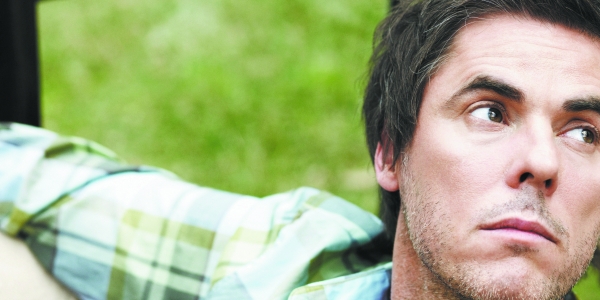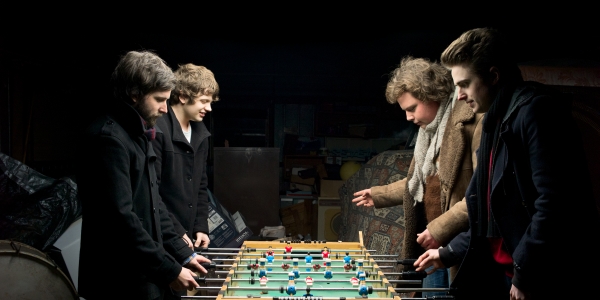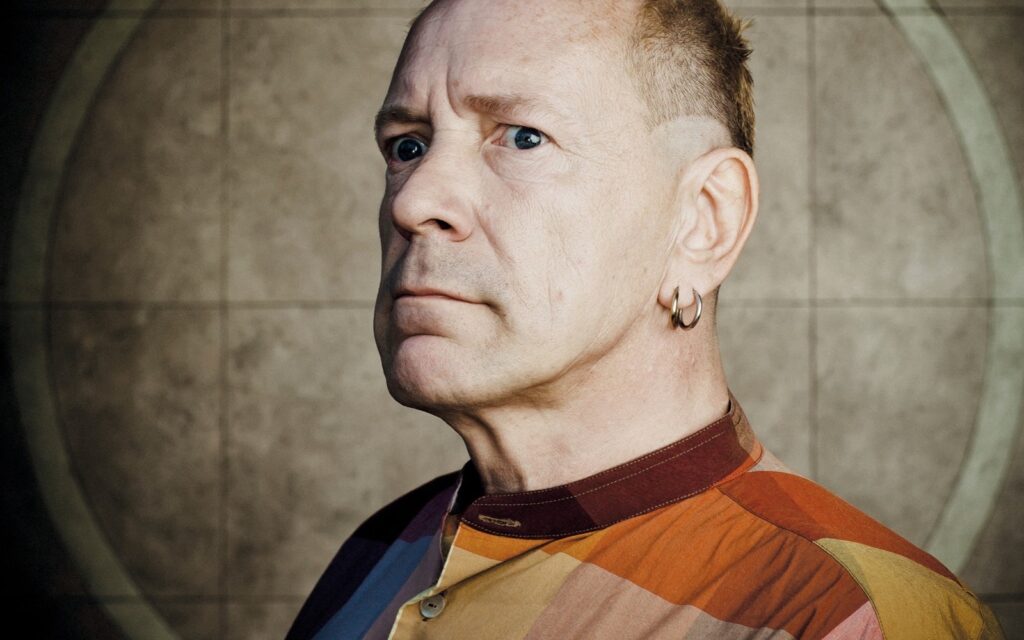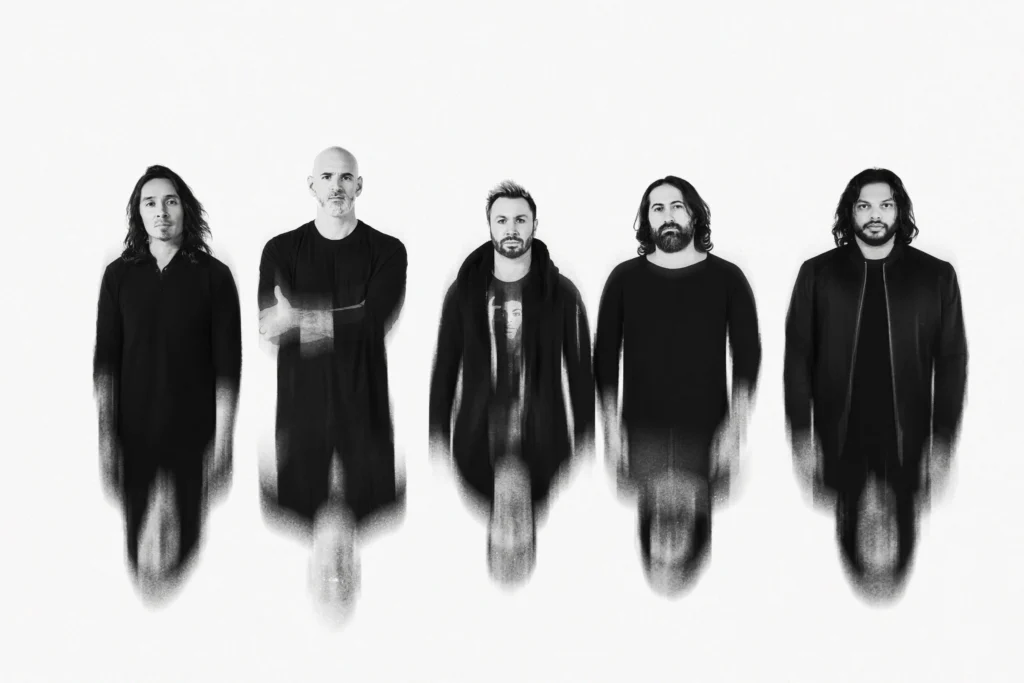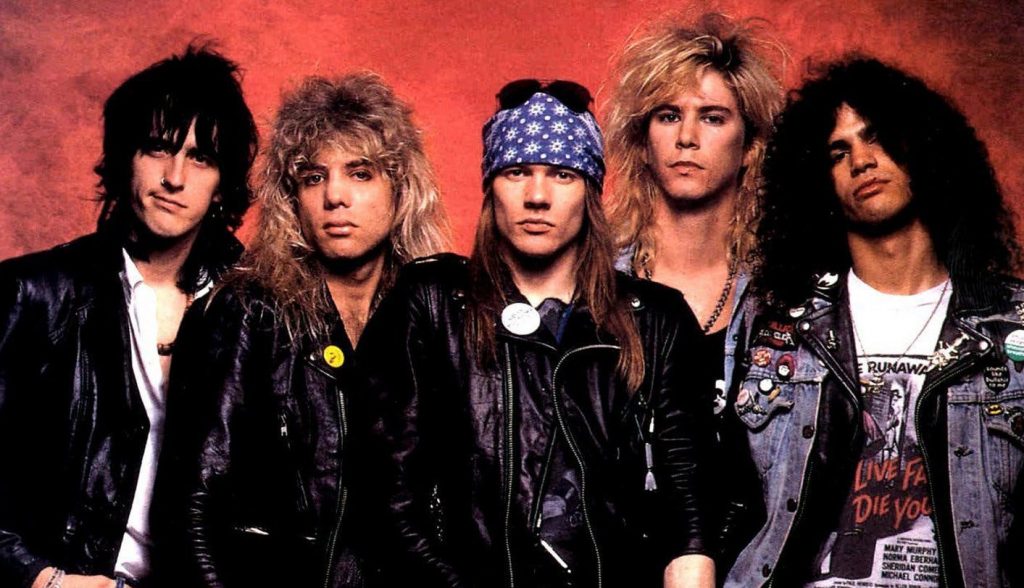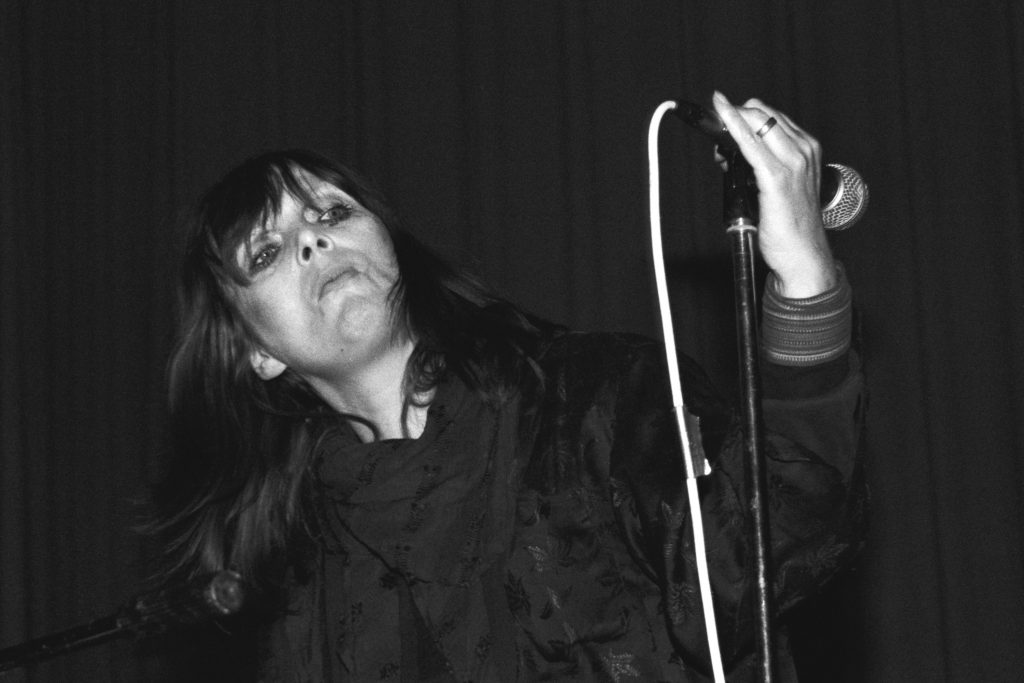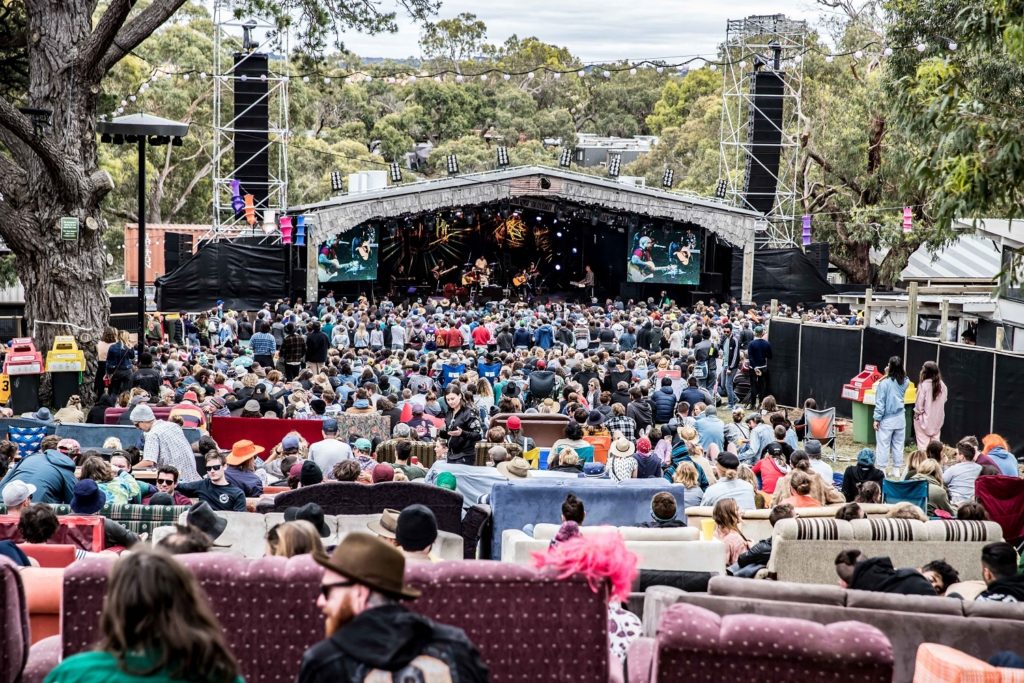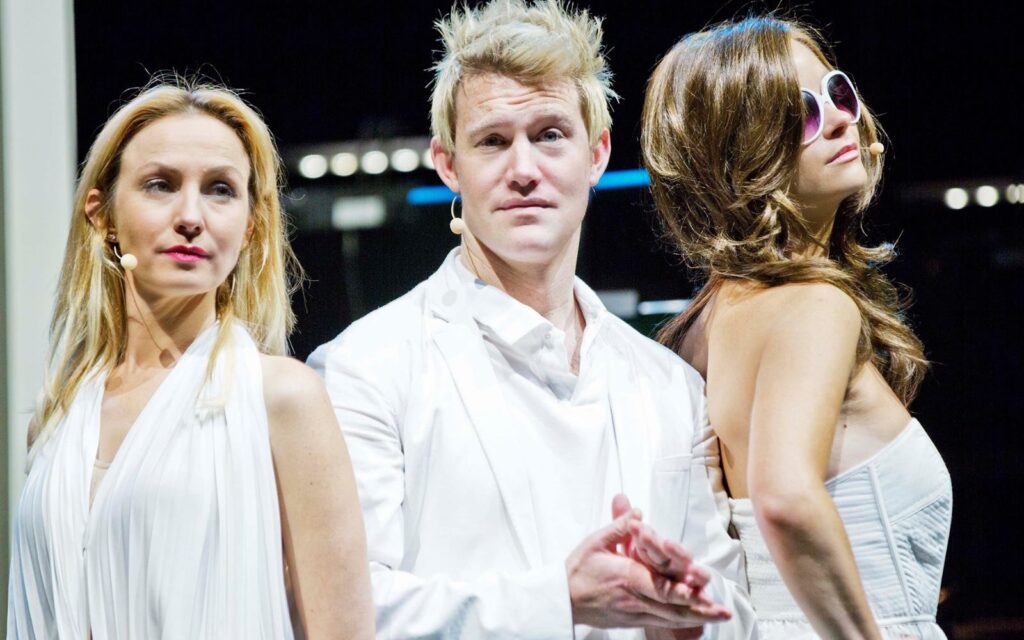“I didn’t write a song for three years,” a surprisingly-chipper-for-morning Freedman says down the line from Sydney. So how do you turn the muse back on? “Well, very slowly, unfortunately. I don’t want to take that long off again because your writing muscle gets slack. Frankly, there are probably three songs I started when I came back from my break and they’re still not finished – they’ve got good bits but they just won’t fit. So I just had to discard them and start again, and things started getting finished. I just had to believe that if I put the hours in, gave it the full 85%, then something would come in the end. That album’s what came, and whether or not it’s good, time will tell. But it’s as strong as the Whitlams stuff at least, so we’ll see how it goes.”
I ask if Freedman has any strategies for songwriting. Kaki King, for instance, is a fan of self-limiting systems such as banning herself from using particular techniques, notes, tempos, tones or chord types for particular songs. “Well the way I got cracking was I opened myself up to co-writing,” Freedman explains. “Dave Symes, who is the bass player with Missy Higgins and Sarah Blasko, came up to my house and he had lots of little chord sequences. He had, for example, the chords for the chorus of Girlfriend Heaven and Misty, and I said ‘I like the sound of them. That’s good. I’ll finish off the chorus and the melody and the words.’ Often I think you find that the first step is the hardest. Once you’ve set yourself a little goal and once you’ve unwrapped the jigsaw puzzle and put it onto the table, then you can start working again.” Although Freedman is not averse to the occasional collaboration, he’s not a rampant co-writer either. He’s never allowed a publishing company to shuffle him off to some stranger’s house in LA to write, nor has he attended Mushroom’s regular Mount Macedon co-writing workshops. He simply prefers to write with friends such as Symes. The track There Was A Time, for instance, was written with a guy he went to kindergarten with, who wrote a poem for his wife which Freedman then set to music.
Although Australian Idle has plenty of accessible melodies right there on the surface, it’s an album that reveals its greatest charms gradually, over the course of repeated listenings. Freedman used Twitter (his ID is @timfreedman) to implore fans to give the album at least three listens before forming an opinion. “I’m glad I did that and I’m glad people have actually taken my advice, because people go off half-cocked halfway through a first listen,” he says. “This is the first album I’ve put out since the Twitterverse became the dominant form of communication, so you have to be a little bit wary of early opinions.” So was the sunny atmosphere planned, or did it just happen? “From the start, I wanted to make a cheery-sounding record,” Freedman says. “I just surveyed the scene and tried to make a little pocket for myself that wasn’t the same as everyone else. My last record was quite folky and had its share of melancholy songs. There are a lot of great records out at the moment but everyone’s emoting and being moody and atmospheric. I thought if I do another album with No Aphrodisiacs and stuff like that I’m just going to be at the end of a long queue. I thought I’d be a bit brave and do something I haven’t heard that much of lately, which is ’70s piano pop. So whether it’s fashionable or whether it’ll work I don’t know, but at least I’ve drawn a circle around my own little spot.” The signature elements of ’70s piano pop are scattered throughout the album. A slightly jazzy modulation here, a velour chord there, a wash of lush backing vocals. “I was happy to sound a bit like those albums and those songs in different parts of each song,” Freedman says. “I think it’s just basically top 40 from the 1970 through to 1981! I suppose it ends with You In Love With Me which was when I was in early high school.”
The ’70s vibe extended to the instruments used for the recording sessions – vintage keyboards and guitars – but not to the actual recording process. Australian Idle was the first album Freedman had recorded that wasn’t on tape. Since the last Whitlams studio album, Little Cloud, was made six years ago, the bitrate of digital recording media has improved to the point where uncomfortable audio artefacts are no longer a problem. “We certainly used old keyboards, old guitars and old amps but it was the most digital record I’ve made. Matt Fell, the producer, he’s got his own studio and he works really quickly and uses a lot of plugins. We tried to make it an old-sounding record but it was, to be honest, made with really modern techniques.”
